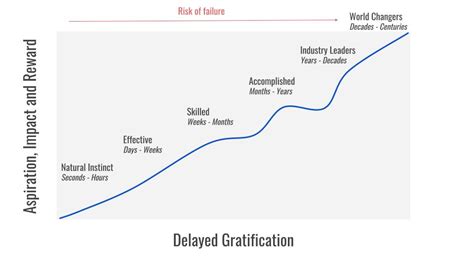Achieving sustained success in both personal fitness and financial well-being isn’t solely about talent or luck; it’s fundamentally about cultivating an ironclad discipline. This discipline, in turn, is a direct byproduct of specific mindset practices that empower individuals to make consistent choices aligned with their long-term objectives. Understanding and implementing these mental frameworks is the bedrock upon which lasting fitness and financial growth are built.
Clarity Through Goal Setting and Visualization
The journey to discipline begins with crystal-clear goals. Vague aspirations like “get fit” or “save money” are often doomed to fail because they lack direction and measurable outcomes. Instead, practice setting SMART goals: Specific, Measurable, Achievable, Relevant, and Time-bound. For fitness, this might be running a 5k in three months; for finance, saving $5,000 for a down payment in one year. Once these goals are defined, visualization becomes a potent tool. Regularly imagine yourself achieving these goals, feeling the pride of accomplishment, and experiencing the benefits. This mental rehearsal strengthens your resolve and primes your brain for success.

The Power of Habit Formation and Consistency
Discipline isn’t about monumental willpower applied once; it’s about small, consistent actions performed repeatedly until they become second nature. Focus on building micro-habits that nudge you towards your goals. Want to exercise more? Start with 10 minutes of activity daily. Aiming to save? Automate a small transfer to your savings account each payday. The key is consistency over intensity, especially in the early stages. Each successful repetition reinforces the desired behavior and strengthens the neural pathways associated with that habit, making it easier to maintain over time. This compounding effect of small, consistent efforts is where true transformation happens in both your physical and financial life.
Breaking down larger objectives into manageable, repeatable steps reduces the intimidation factor and increases the likelihood of adherence. Over time, these small wins accumulate, creating significant progress without relying solely on raw motivation, which can often be fleeting. The goal is to make the desired actions automatic, requiring less conscious effort.

Embracing Delayed Gratification
Perhaps one of the most critical mindset practices for long-term success is the ability to delay gratification. This involves resisting immediate pleasures or comforts for a greater reward in the future. In fitness, it means choosing a healthy meal over fast food, or an early morning workout over extra sleep. In finance, it’s about foregoing impulsive purchases to save for a larger investment or a future goal. Cultivating this patience requires a strong sense of purpose and a clear understanding of your values. Regularly remind yourself of your long-term vision to make the short-term sacrifices feel worthwhile.

Resilience and a Growth Mindset
Setbacks are inevitable in any journey, whether it’s a missed workout, an overspent budget, or an unexpected expense. The disciplined mindset doesn’t allow these obstacles to derail the entire effort. Instead, it adopts a growth mindset, viewing challenges as opportunities for learning and improvement. When faced with a slip-up, don’t succumb to self-blame; instead, analyze what went wrong, adjust your strategy, and get back on track promptly. Resilience is about recognizing that progress isn’t linear and that consistency often means returning to your path after a deviation, rather than never deviating at all.

Self-Awareness and Tracking Progress
To truly build discipline, one must be aware of their patterns, triggers, and progress. Regularly track your fitness activities, diet, and financial spending. This doesn’t need to be an onerous task; a simple journal, spreadsheet, or app can provide invaluable insights. Observing your habits objectively allows you to identify areas for improvement and celebrate your successes, no matter how small. This data-driven approach fosters a sense of accountability and makes your progress tangible, fueling motivation and reinforcing the positive feedback loop necessary for sustained discipline.

Conclusion
Discipline is not an innate trait; it’s a skill honed through consistent practice of specific mindset techniques. By setting clear goals, building powerful habits, embracing delayed gratification, fostering resilience, and tracking your journey, you can cultivate the mental fortitude required for consistent progress in both your fitness and financial pursuits. Start small, stay consistent, and watch as these mindset practices transform your aspirations into tangible, lasting achievements.




